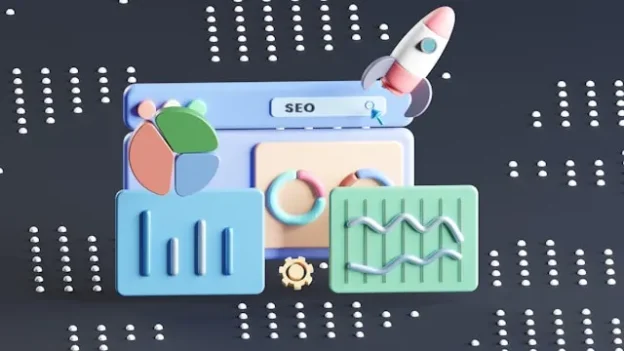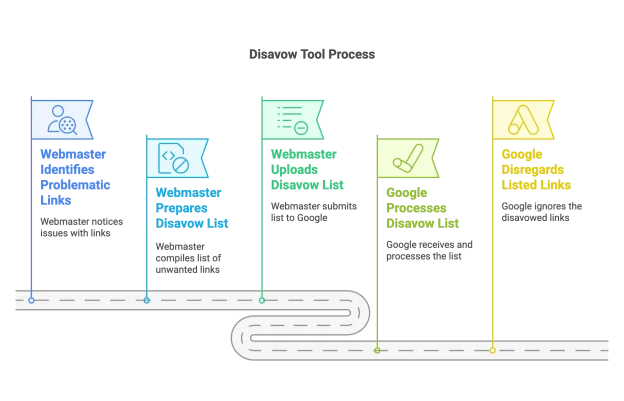There exists a misconception among many business owners that SEO is a process that once done is done forever. This can lead businesses to fail to extract the maximum benefit from their online presence. If we truly consider search engine optimization a continuous process, businesses might be losing out.
Their competitors likely have a more aggressive and nuanced approach. These competitors are refining and adjusting their strategies constantly. Consequently, the businesses with a less dynamic approach risk falling behind.
We’re going to take a look at three major reasons why business owners should consider SEO as an ongoing part of their marketing and promotion.
First we should define our terms. In this article we are conceiving of SEO as not just optimizing for keywords and traditional link building. Since the Panda and Penguin updates, high-quality content has become the bedrock of effective SEO strategy. SEO and content marketing go hand-in-hand.
(more…)












